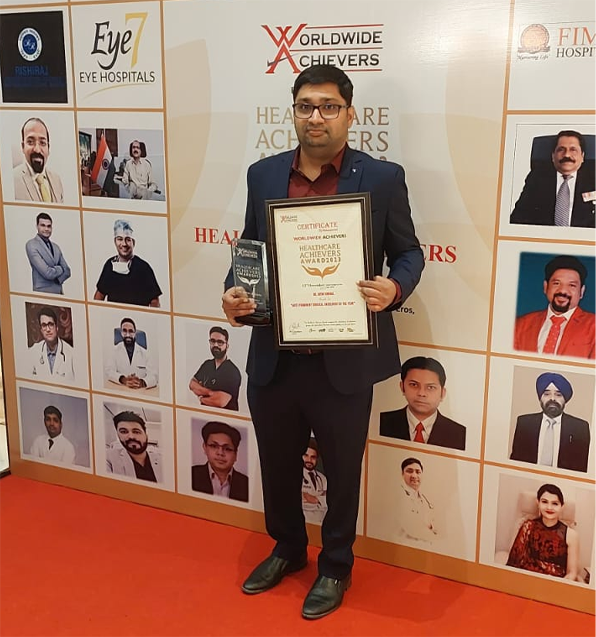Ovarian cancer is one of the most common malignancies affecting Indian women, with around 35,000 new cases diagnosed each year. Globally, India records the second-highest number of ovarian cancer cases. Approximately 1 in 78 women will develop ovarian cancer in their lifetime, highlighting the importance of early detection and advanced treatment options. One such cutting-edge treatment is Hyperthermic Intraperitoneal Chemotherapy (HIPEC), which offers promising results for patients with advanced ovarian cancer.


Several factors can increase the risk of developing ovarian cancer. While a family history of breast or ovarian cancer among first-degree relatives accounts for 5% to 10% of cases, other significant risk factors include:
Ovarian cancer symptoms are often vague and can be mistaken for other common conditions. Key symptoms to watch for include:
Hyperthermic Intraperitoneal Chemotherapy (HIPEC) is an advanced treatment option for ovarian cancer that involves the direct application of heated chemotherapy drugs to the abdominal cavity. This technique is typically used after cytoreductive surgery, where as much of the visible tumor as possible is removed.
Not all patients are candidates for HIPEC. Eligibility depends on several factors, including the stage of cancer, overall health, and the ability to undergo extensive surgery. A thorough evaluation by a multidisciplinary team of specialists is necessary to determine the suitability of HIPEC for each patient.
Post-treatment care is essential for the best outcomes. Patients will have regular follow-ups to monitor for recurrence and manage any side effects. A healthy lifestyle, including a balanced diet and regular exercise, is also recommended to support overall health and well-being.
Ovarian cancer treatment has advanced significantly with the introduction of HIPEC. This innovative approach offers hope for patients with advanced ovarian cancer, providing targeted treatment with improved outcomes. Early detection remains key, so it is crucial for women to be aware of the risk factors and symptoms associated with ovarian cancer and seek medical advice promptly if they have concerns. By combining advanced surgical techniques with cutting-edge treatments like HIPEC, we can improve survival rates and quality of life for ovarian cancer patients.


